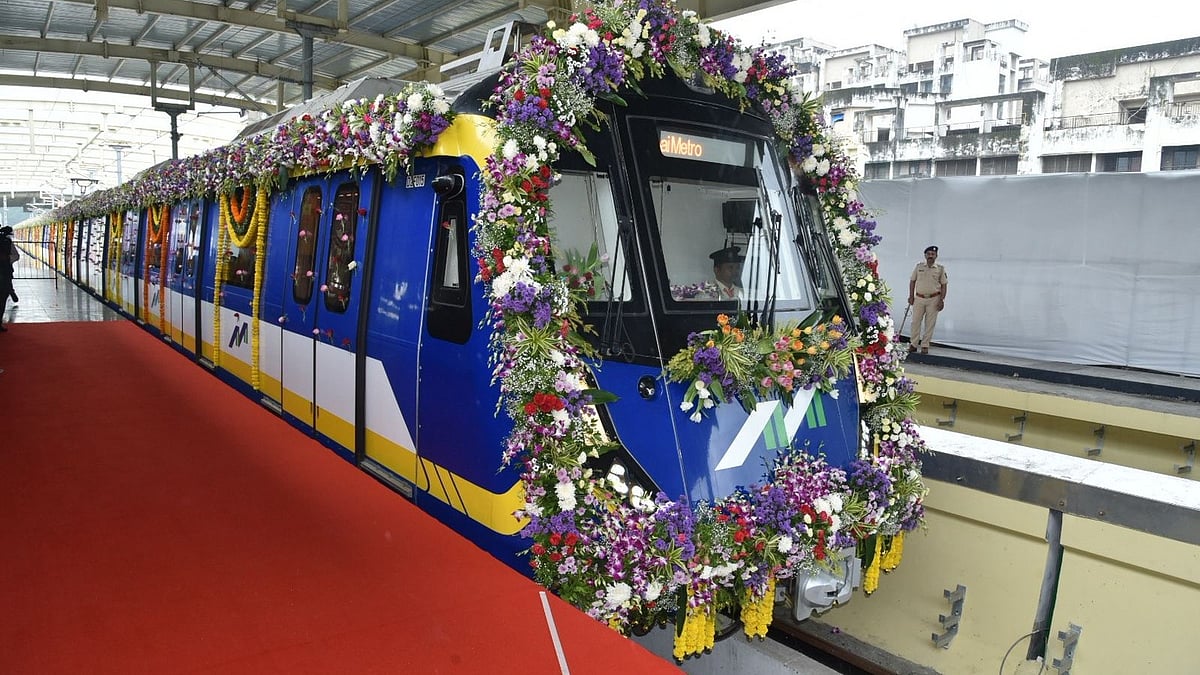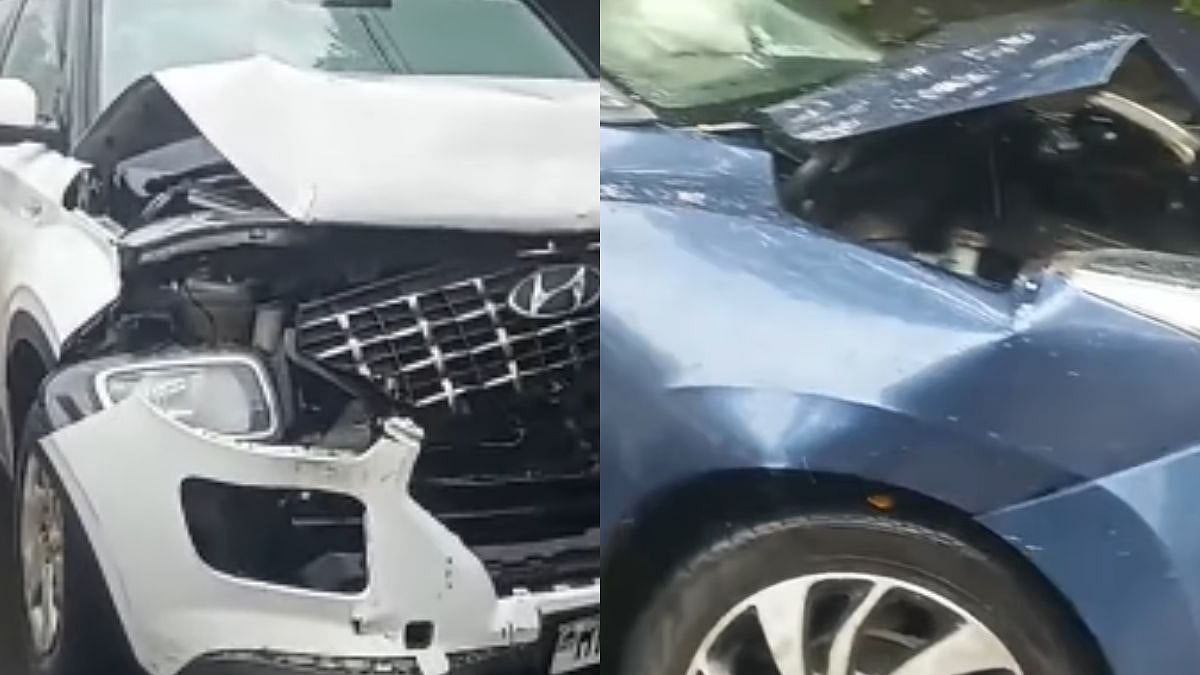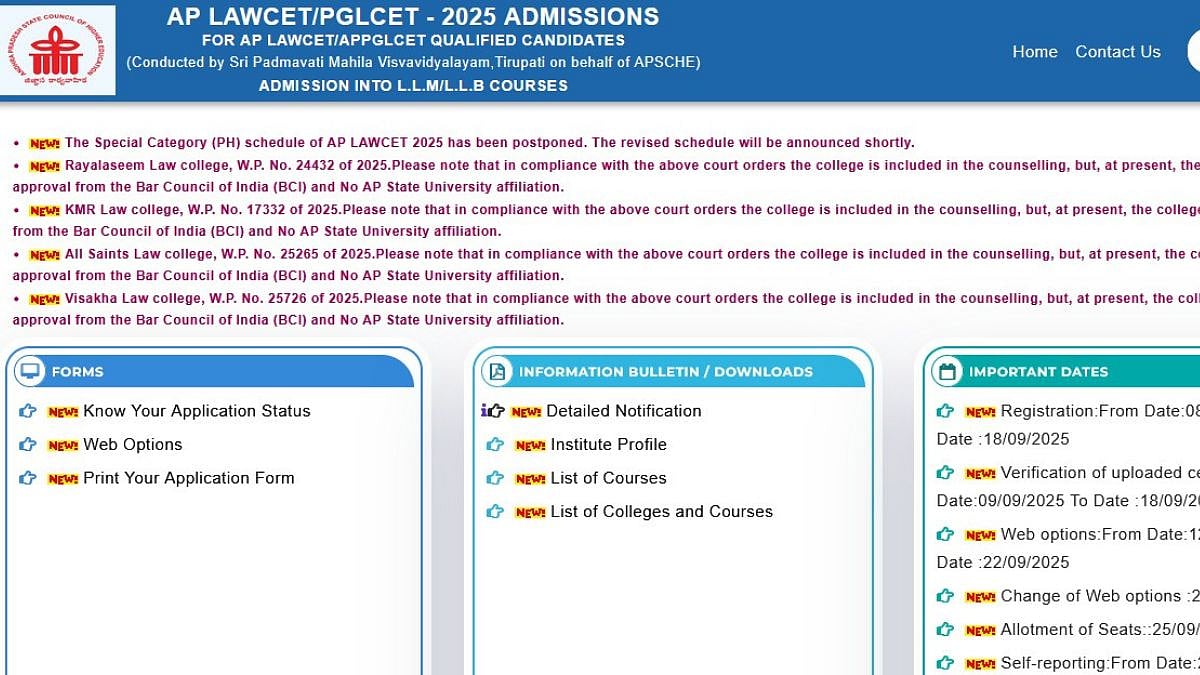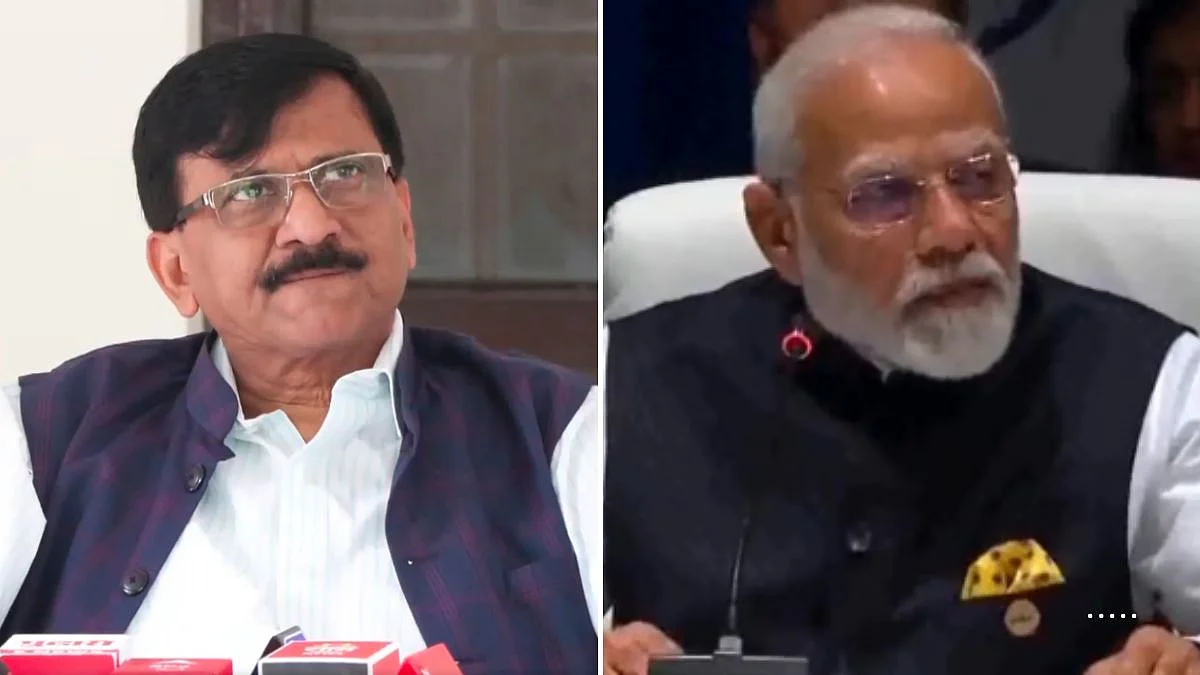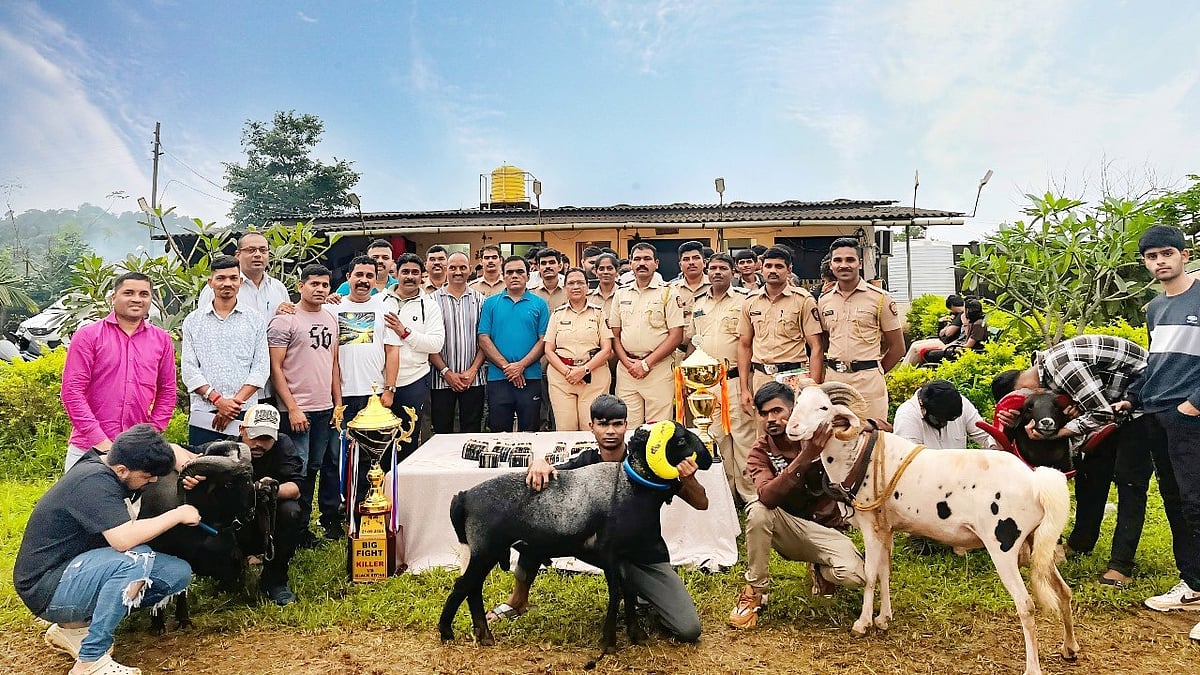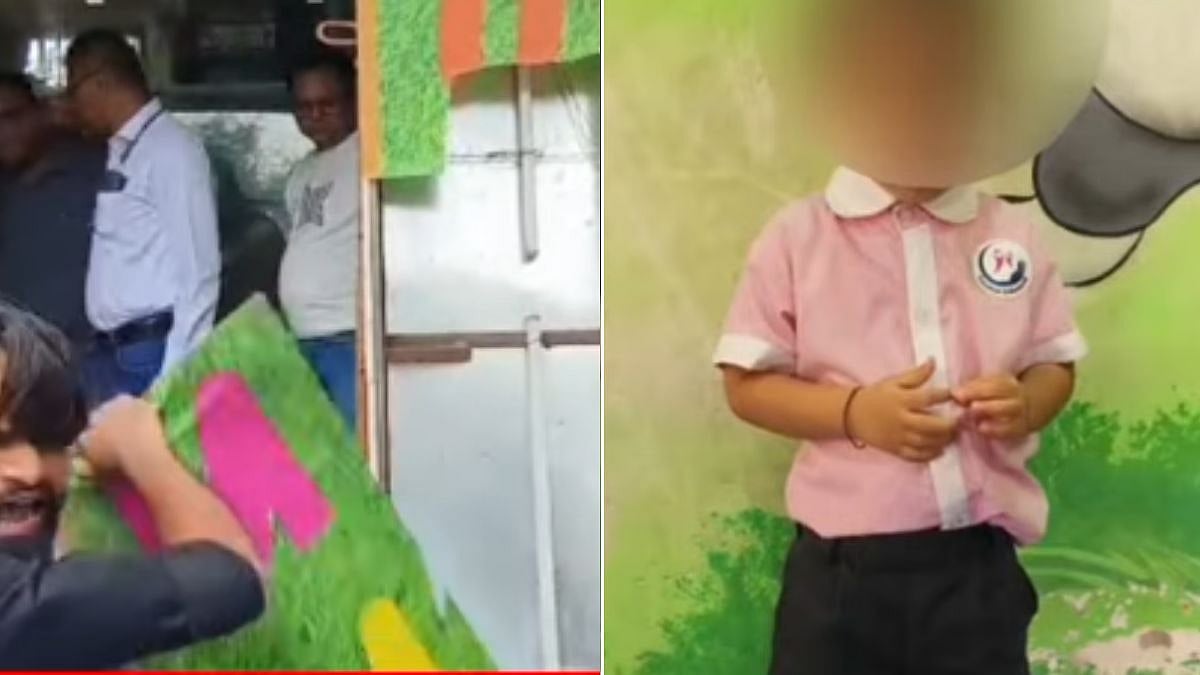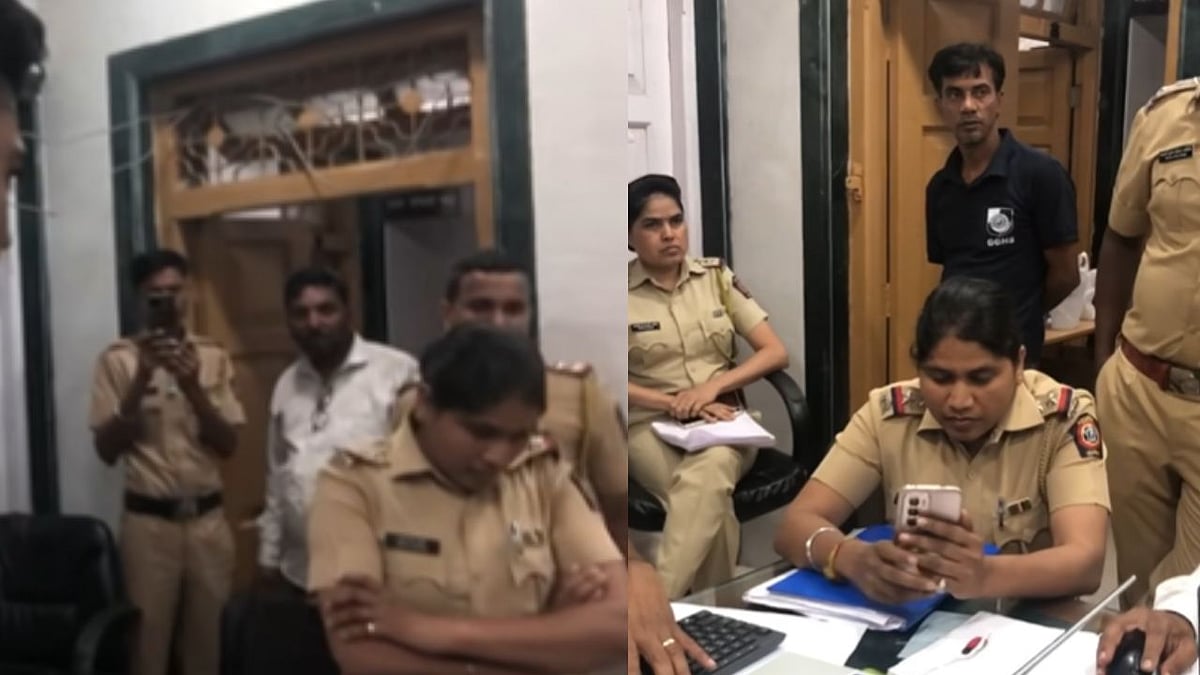Thane: With the intentions to alleviate traffic jams and pressure on suburban railway lines in Mumbai, Metro Route 4 (Wadala-Ghatkopar-Kasarvadavali) and 4A (Kasarvadavali-Gaimukh) initiatives are being established. On Monday, Chief Minister Devendra Fadnavis will oversee tests at up to four stations along this route. Everyone is eager to learn what this metro train will be like and what its characteristics are.
In the inspection phase-1 of Metro Route 4 (Wadala-Ghatkopar-Kasarvadavali), there are four priority stations located on Ghodbunder Road: Gaimukh Junction, Gaimukh Village Kasarvadavali, and Vijay Garden. During this process, a review will be conducted to determine if all tactical systems are prepared according to the requirements set by the Commissioner of Metro Rail Safety (CMRS).
Metro Feature
The 6-coach train sets from BEML operating on Metro Lines 2A and 7 will feature the same system and facilities. Through the commencement of technical inspections and test runs in this crucial segment equipped with a modern train control and management system, passenger emergency communication system, automatic fire detection system, obstacle detection device, emergency exit door, on-board public address and information system, and an energy-saving regenerative braking system (approximately 30% savings), MMRDA is significantly progressing towards making Metro Line 4 and 4A operational for the residents of Thane and Mumbai.
Metro 4 Route
The first phase of the Thane Metro project includes a 32.3-km Line 4 and its 2.8-km extension, Line 4A, totaling 35 km with 32 stations. Once operational and linked to Line 11, it will become India’s longest metro line at over 55 km, expected to serve 21 lakh passengers daily by 2027. The initial phase features 10 stations, including Cadbury Junction and Gaimukh, while the remaining 22 stations will be opened in future phases. The project gained momentum post-2014 but faced delays during the 2019–2024 Maha Vikas Aghadi Government's tenure. Shinde emphasized the historical significance for Thane and praised the efforts of local leaders.
Speaking on the occasion, CM Fadnavis underlined the importance of the project, stating that the 35-km-long corridor, being developed at a cost of nearly Rs 16,000 crore, will play a crucial role in linking Mumbai’s eastern and western suburbs with Thane. “This metro line will have eight-coach trains and once completed, it will ease traffic, cut travel time by nearly 50 per cent, and benefit over 21 lakh commuters daily,” he said.

This initiative will not only establish travel amenities but will also enhance the economic, social, and environmental growth of the city. It will also alleviate traffic congestion in the Mumbai metropolitan region and lessen the strain on the suburban railway line.
The fundamental infrastructure components in this area, including the viaduct, track, and overhead equipment (OHE), have been finalised. While inspecting and conducting initial test runs, essential data for load calculation and software setup will be gathered, and all systems needed for safe transport, including metro trains, will be tested and integrated.
